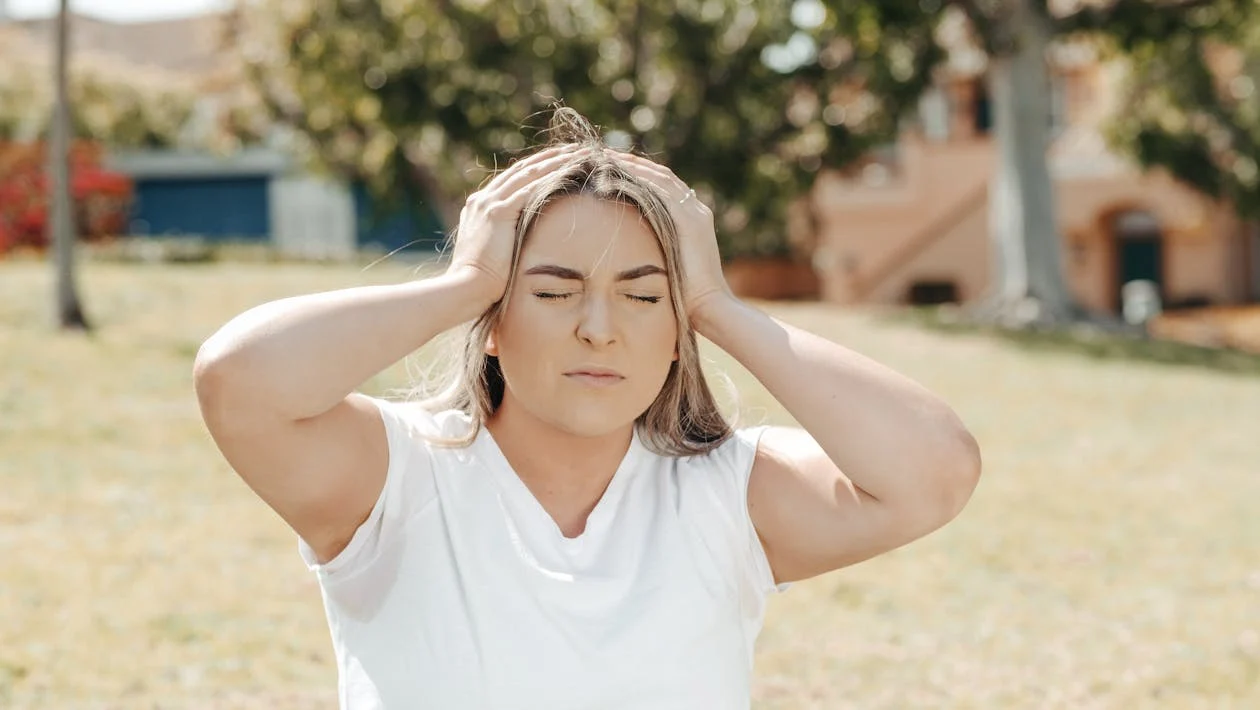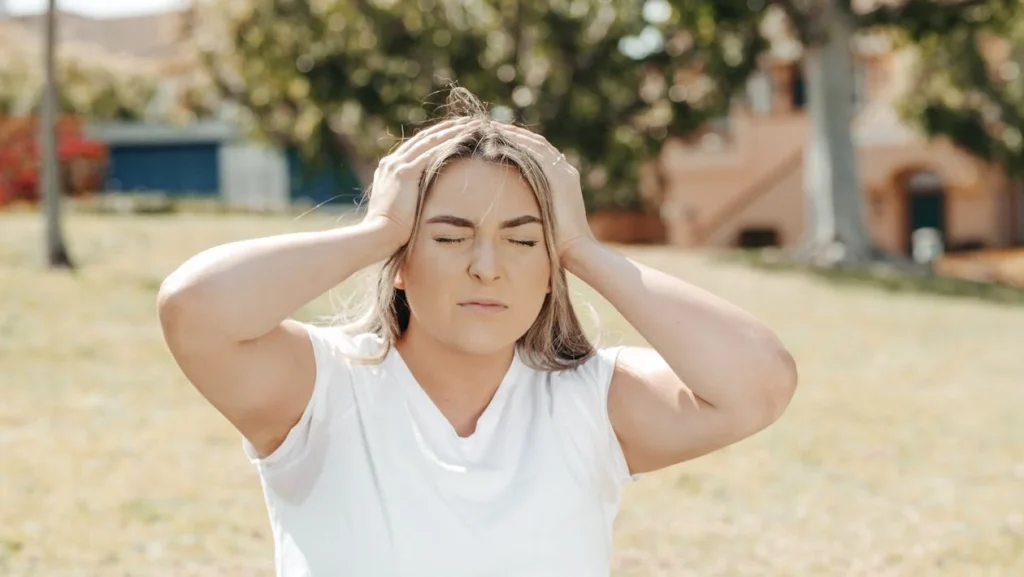Vertigo, sometimes known as dizziness, is a feeling of motion or spinning.
Being dizzy is not the same as experiencing vertigo. Vertigo patients experience dizziness, which makes them feel as though they are moving or spinning, or that everything is swirling around them.

Being unbalanced is the experience of vertigo. You may feel as though you are spinning or that everything around you is whirling if you experience these dizzy episodes.
Causes of Vertigo
An inner ear issue is frequently the cause of vertigo. Among the most typical causes are:
BPPV. Benign Paroxysmal Positional Vertigo is what these initials represent. BPPV happens when small calcium particles called canaliths get loose from their usual place and gather inside the inner ear. Signals regarding head and body motions in relation to gravity are transmitted from the inner ear to the brain. It aids in maintaining equilibrium.
BPPV may be linked to aging and may arise for unknown reasons.
Meniere’s disease. This inner ear condition is believed to be brought on by fluid accumulation and fluctuating ear pressure. It can result in hearing loss, tinnitus, or ringing in the ears, as well as vertigo episodes.
Vestibular neuritis or labyrinthitis. This is an inner ear issue that is typically caused by a viral infection. Inflammation around vital inner ear nerves that aid in the body’s sense of balance is brought on by the illness.
Less often vertigo may be associated with:
- Injuries to the head or neck
- Brain disorders like stroke or tumors
- Some drugs that harm the ears
• Headache migraines
Symptoms of Vertigo
Often, shifting your head’s position might cause vertigo.
Vertigo sufferers frequently describe their symptoms as feeling as though they are:
- Spinning
- Tilting
- Swaying
- Unbalanced
- Pulled to one direction
Other symptoms that may accompany vertigo include:
- Feeling nauseated
- Vomiting
- Abnormal or jerking eye movements (nystagmus)
- Headache
- Sweating
- Ringing in the ears or hearing loss
“Symptoms can vary in duration, lasting from a few minutes to several hours or longer, and may occur intermittently.”
Treatment for Vertigo
The cause of vertigo will determine how to treat it. Vertigo often goes away on its own without any medical intervention. This is due to the fact that your brain can adjust, at least partially, to changes in the inner ear and uses alternative systems to keep your balance.
Some people require treatment, which could entail:
Vestibular rehabilitation.
The goal of this kind of physical therapy is to support the vestibular system’s strengthening. The brain receives messages from the vestibular system regarding head and body motions in relation to gravity.
If you get vertigo episodes frequently, vestibular rehabilitation might be advised. It assists in compensating for vertigo by training your other senses.
Canalith repositioning maneuvers.
The American Academy of Neurology’s guidelines suggest a set of precise head and body motions for BPPV. The purpose of the movements is to transfer the calcium deposits from the canal into an inner ear chamber where the body may absorb them. As the canaliths move during the treatment, you may experience dizziness.
Physical therapists or doctors can help you with the movements. The motions are frequently efficient and safe.
Medicine.
Medication may occasionally be administered to treat vertigo-related symptoms including nausea or motion sickness.
Antibiotics or steroids may lessen swelling and treat infection if vertigo is brought on by an infection or inflammation.
Diuretics, or water tablets, may be recommended for Meniere’s illness in order to lower pressure caused by fluid accumulation.
“Surgery:
In certain cases, surgery may be required to treat vertigo.”
Treatment for more serious underlying issues, such as a tumor or damage to the brain or neck, may help to relieve vertigo if it is the source of the condition.
Possible Complications
Dizziness can cause problems with driving, working, and daily living. In addition, it may result in falls, which may cause a variety of injuries, including hip fractures.
When to Contact a Medical Professional
If your vertigo is bothering you or interfering with your everyday activities, schedule an appointment with your provider. Call 911 or the local emergency number if you have never experienced vertigo before or if you have vertigo along with additional symptoms including double vision, slurred speech, or lack of coordination.
